The recent Associated Students election featured one question: Should the Associated Students halt its sale of single-use bottled water as soon as contractually possible?
A resounding number of students voted in favor of this ban with 2,896 agreeing with the statement. Only 1,212 students said no.
However, I don’t feel as if most students that voted in favor of the ban seriously considered the negative effects. I believe that banning water bottles will be more inconvenient for students than effective.
Sure, the ban comes with strong environmental conscience. It’s a no-brainer that plastic pollution is a serious issue and has many negative consequences on our planet. Yet I don’t see banning water bottles as a solution.
Why have water bottles become the scapegoat of all plastic pollution?
Nearly all food products sold at convenience stores are covered in plastic. This includes food and other drinks. Coffee is consumed much more than water bottles are purchased. Every coffee drink on campus comes in a plastic or paper cup. It does not make sense just to target water bottles. It’s an easy target but not an effective one.
So are other drinks that come in bottles going to be banned as well? Is Vitamin Water considered water?
Hell, I don’t even know if Dasani should be considered water because that stuff is disgusting. But when it comes down to it, people have very strong water preferences. Some people love Dasani, some love Arrowhead. Many people imprint on a water company and refuse to drift away. Others simply prefer mineral water, purified water or mountain spring water.
And yes, some students like the water that is provided from the drinking fountains at school. They see no difference in the taste and some prefer it.
A recent change has been the number of reusable bottles that students are using. This can come with a filter for tap water like a Bobble, or simply just be a bottle like a Camelbak.
For the number of students that do have a reusable bottle, the same number does not. Just look around and you’ll see about a 50/50 split.
So why should the burden be placed on the students that do not have reusable bottles? These bottles can be out of a student’s budget, and I don’t think students should be forced to choose between buying one and gulping down their 2 liters of water at a drinking fountain.
The demonstration that was used to grab students’ attention showed the estimate number of water bottles that failed to be recycled on a given day, draped down from Butte Hall. This project shows that the root of the problem is with how the bottles are dealt with, not the sale of them. Students should be more educated on why the bottles should be recycled rather than thrown away. But let’s not punish the students that use their water bottles responsibly.
I feel as though the question that A.S. asked prompted an answer from students. It led the students to say yes because they knew that plastic pollution is an issue, but there’s no clear solution to this problem with the ban.
At the beginning of the year I was pleasantly surprised to see that most of the things I consumed could be composted. Now, food scraps are the only things that can be composted. I was much more impressed with what A.S. was offering then.
Why don’t we take back more sustainable programs rather than just throw this burden onto the students?
The good thing is that this ban has to be reviewed before it goes through, and it may not be put in place. If it were to pass, I strongly believe that there should be a re-vote among the students, offering some pros and cons on the measure.
Otherwise students will be in for a surprise when they realize how frustrating this ban will actually be.
Sam Rios can be reached at [email protected] or @theeemessiah on Twitter.


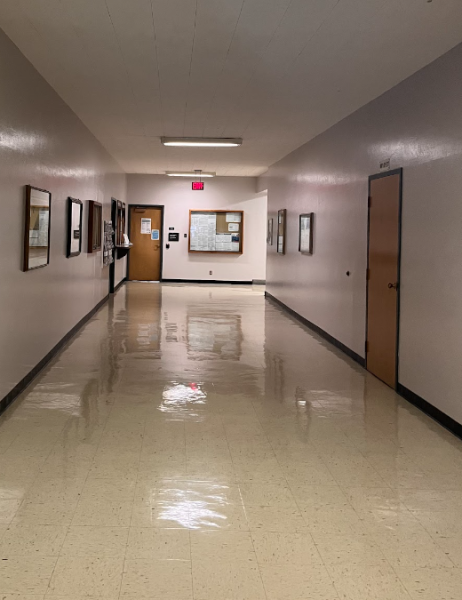
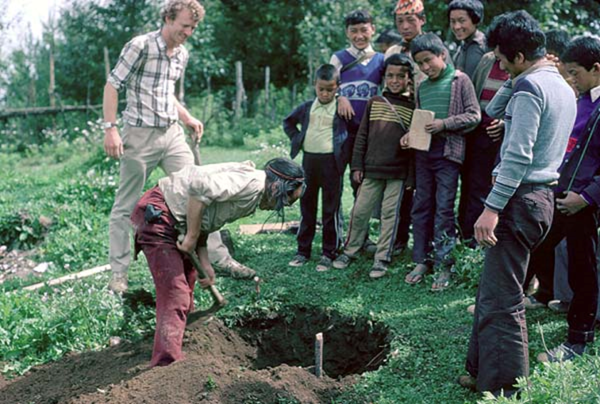
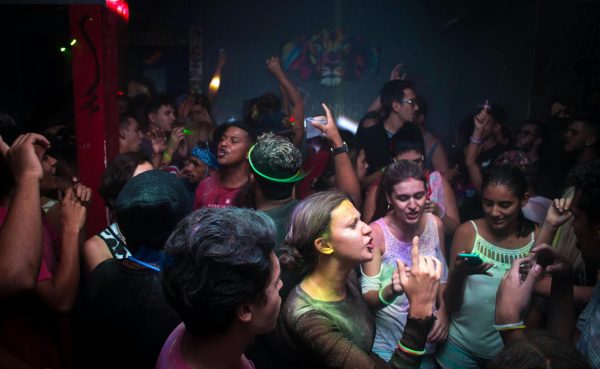




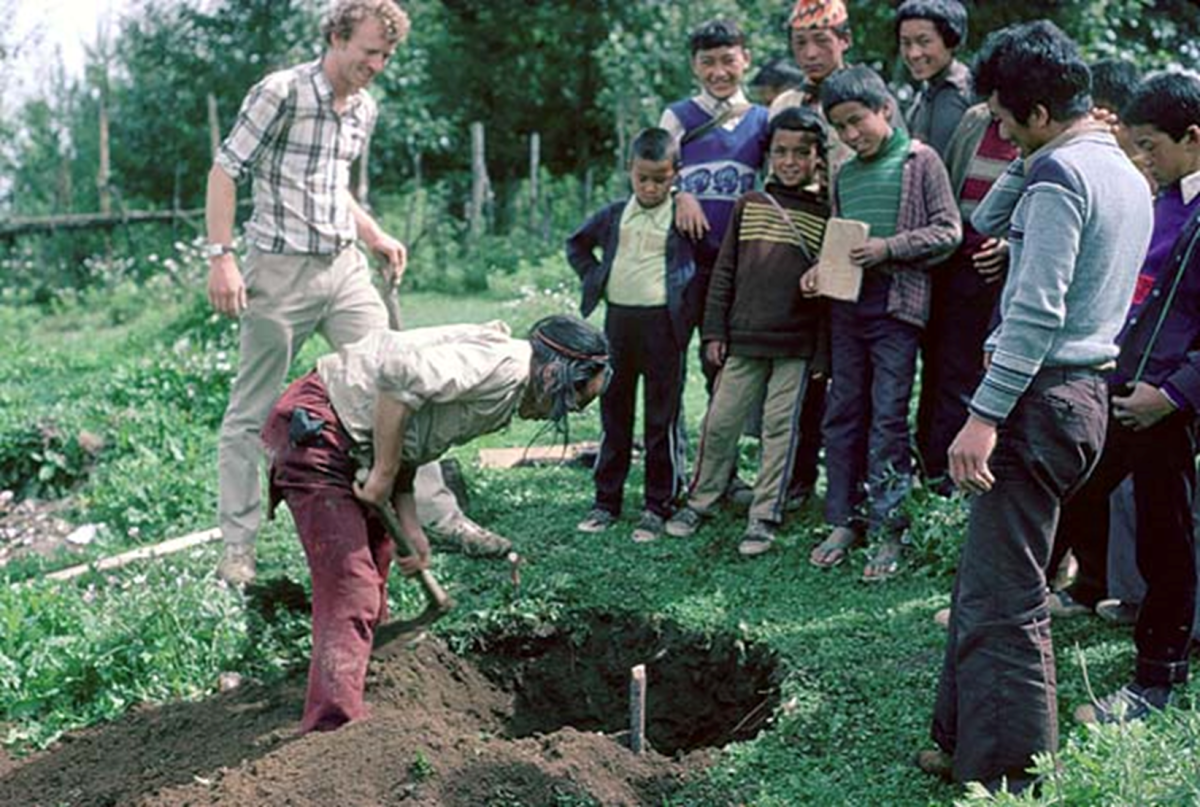
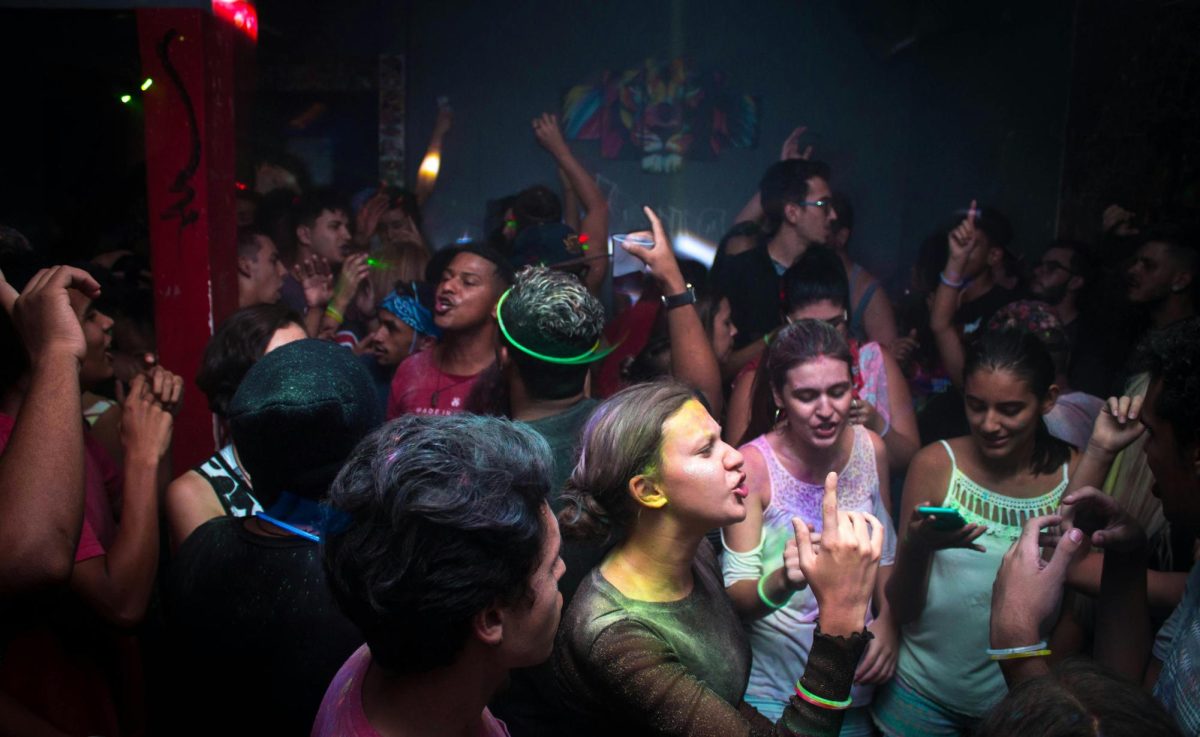

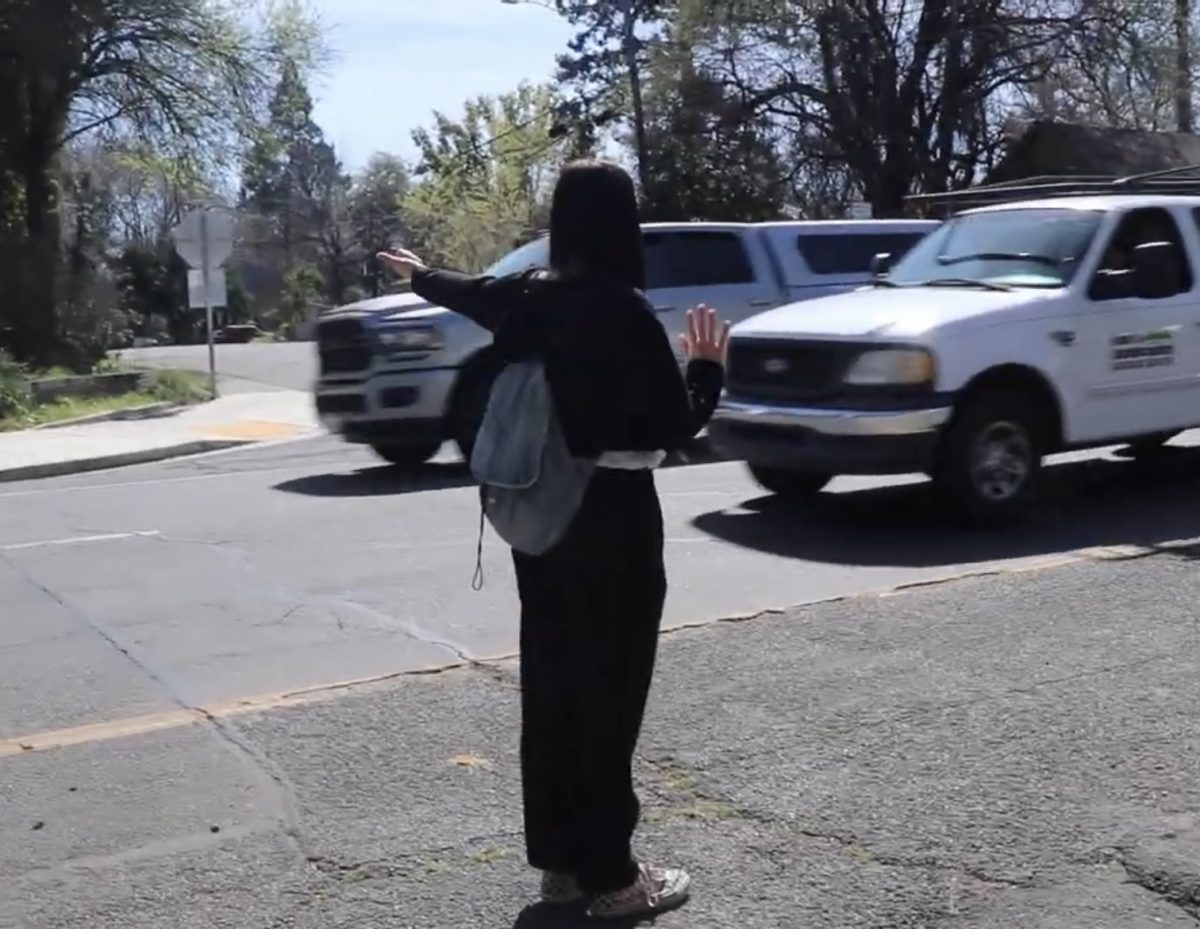
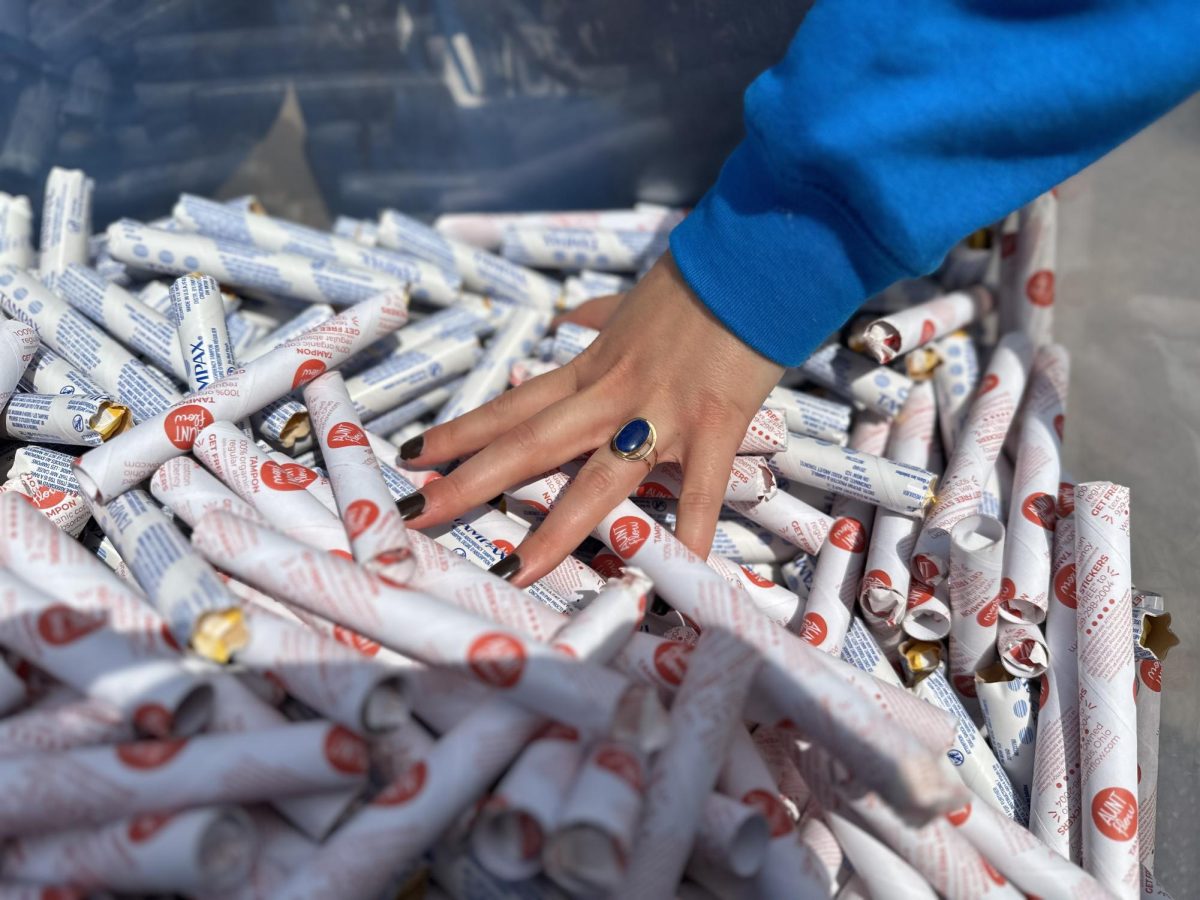
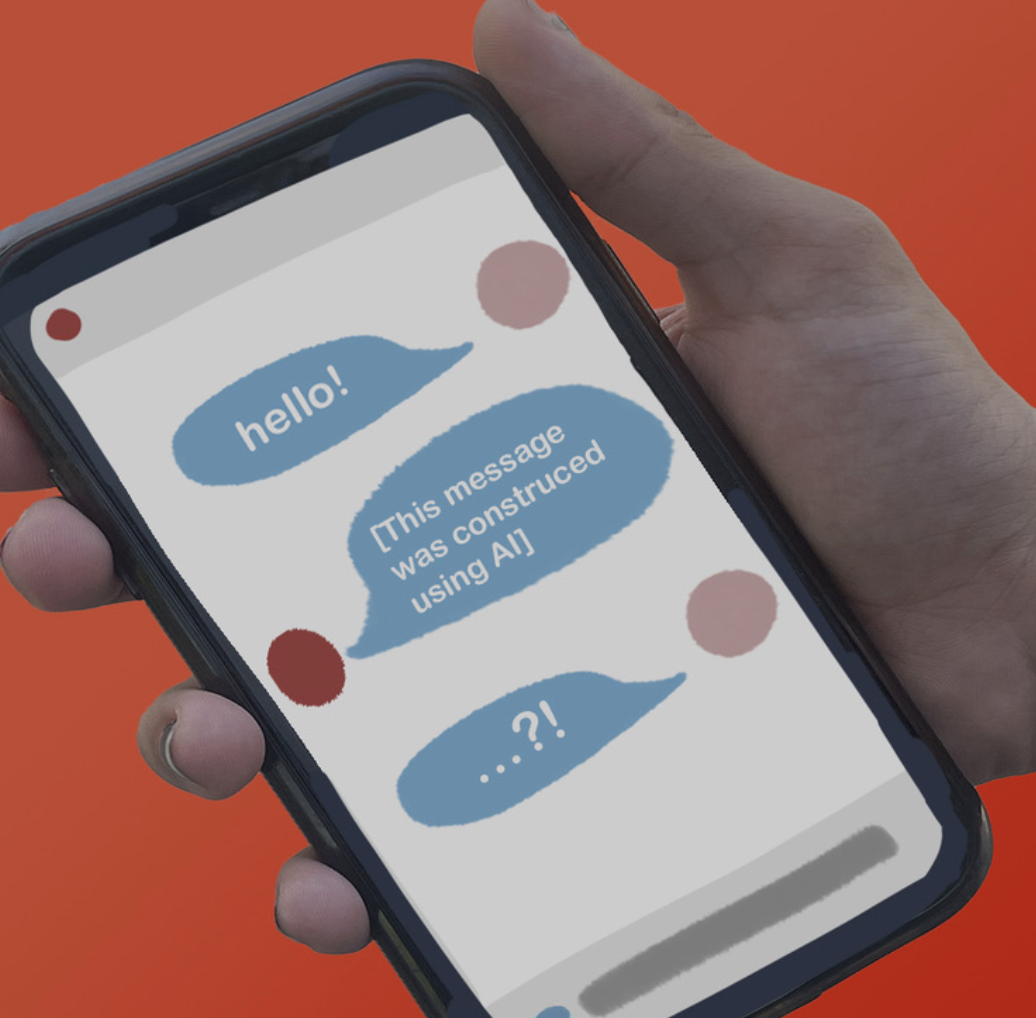
Anonymous // May 12, 2016 at 4:54 pm
1. Plastic water bottles are being targeted because unlike “Vitamin Water,” other beverages, and other plastic packaging, water is provided for free all over campus via faucet.
2. Also, paper coffee cups are more easily recycled than plastic bottles.
3. Reusable bottles are available for free at AS Sustainability in BMU 005.
4. The campaign was not run by AS Sustainability, but by a Geography class.
(Do your research.)